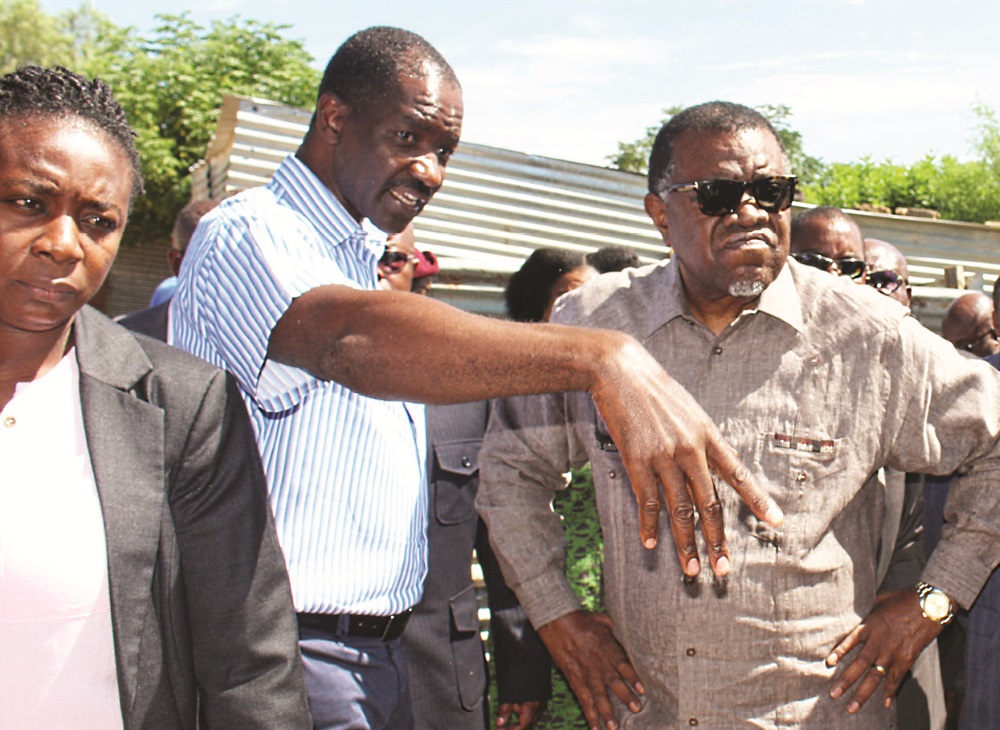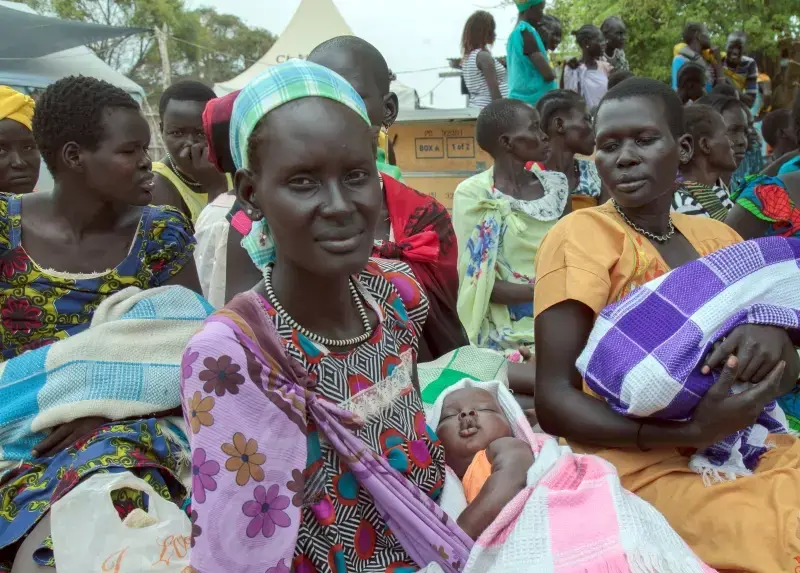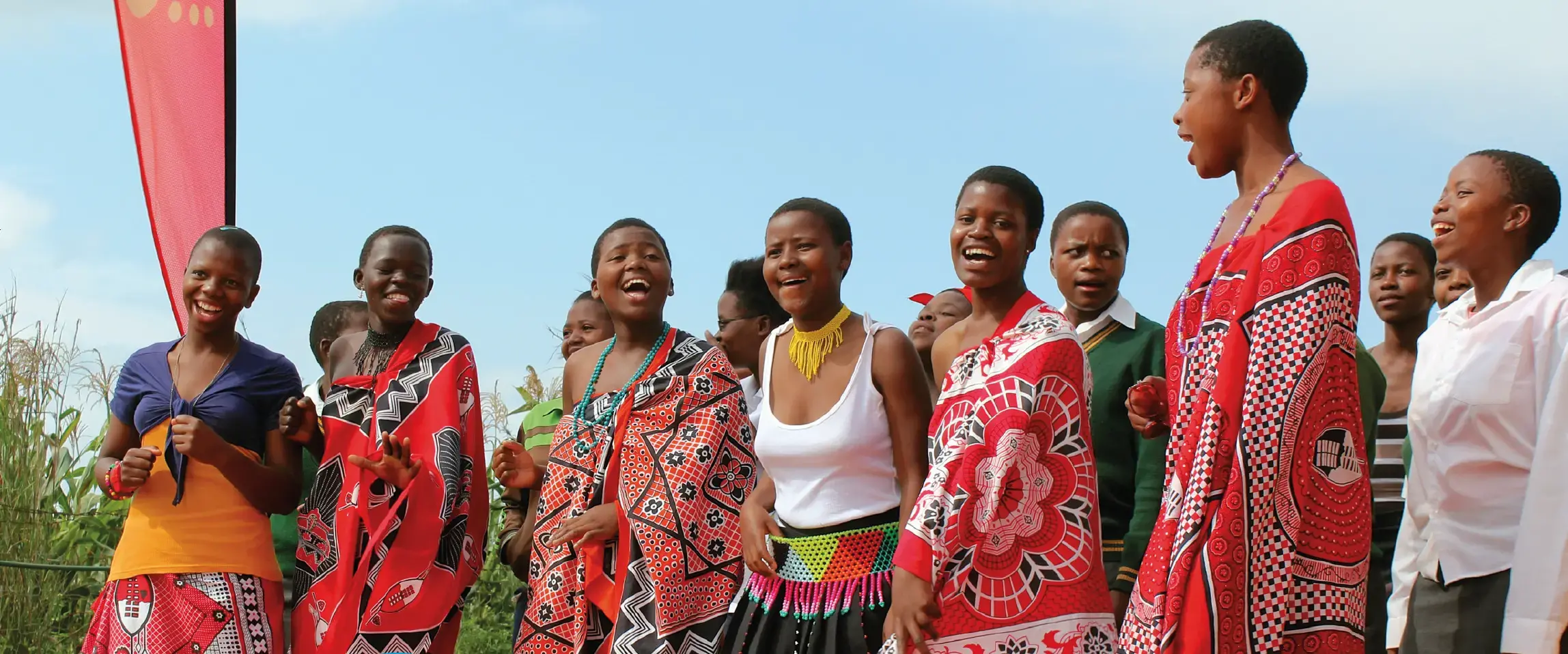WINDHOEK, Namibia—UNFPA, the United Nations Population Fund, UNICEF and WHO are assisting the Namibian government in the fight against an outbreak of Hepatitis E on the outskirts of the national capital, Windhoek.
More than 1140 people are suspected of having contracted Hepatitis, while 13 of these have died from the disease. The outbreak was first reported in October 2017. Of the 13 who have died, four were women in the post-partum period and one a woman who miscarried.

The outbreak is concentrated in the informal settlements of Havana, Goreangab, Hakahana, Greenwell Matongo, Ombili and the broader Katutura. The majority of the patients are from the informal settlements of Havana and Goreangab.
Hepatitis E is a liver infection spread either by direct contact with an infected person's faeces or by indirect faecal contamination of food or water. Infection is more severe among pregnant women as they are at greater risk of acute liver failure, foetal loss and death.
The outbreak is fuelled mainly by a lack of clean water, poor sanitation and poor personal hygiene.
Since the outbreak, the Ministry of Health and Social Services has carried out assessments in 2,500 households in the affected areas, where an average household consists of four people.
As women and girls are mostly affected by the outbreak, they can play a critical role in controlling its spread by ensuring a certain level of hygiene.

The assessment showed that 68 per cent of households defecate in the open, 92 per cent of them collect water from communal taps, while 2 per cent collect water from open/unsafe water sources. Only 6 per cent have household taps.
The President, Hage Geingob, visited the affected areas in Havana informal settlement in February and emphasized the importance of basic sanitation, as Hepatitis E is not an inherited disease like cancer and other ailments, but spread through poor hygiene. He also urged communities to stop vandalizing public toilets and to take care of them, as they belong to them.
UNFPA has so far pledged more than N$720,000 (almost US$60,000) towards fighting the outbreak. The funds will be used to train health and community workers and support community health education, as well as to develop communication materials.
“As women and girls are mostly affected by the outbreak, they can play a critical role in controlling its spread by ensuring a certain level of hygiene,” said Dennia Gayle, UNFPA Representative for Namibia.
— Emma Mbekele




